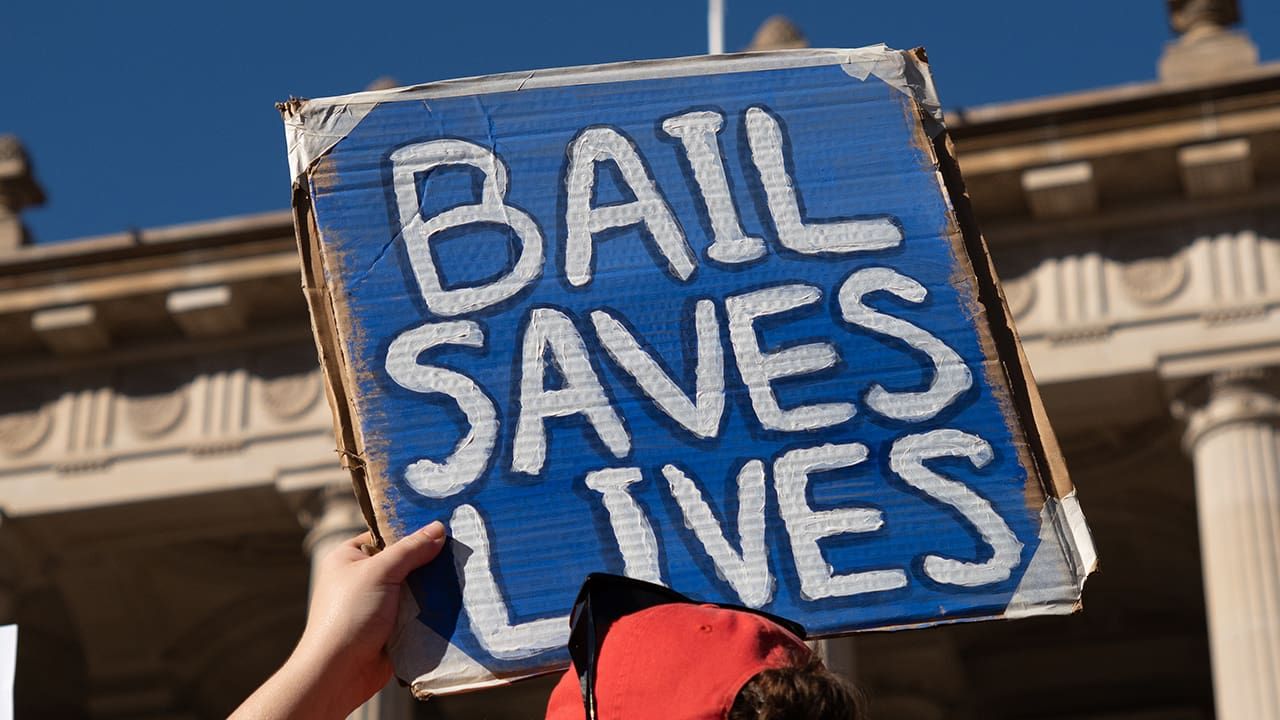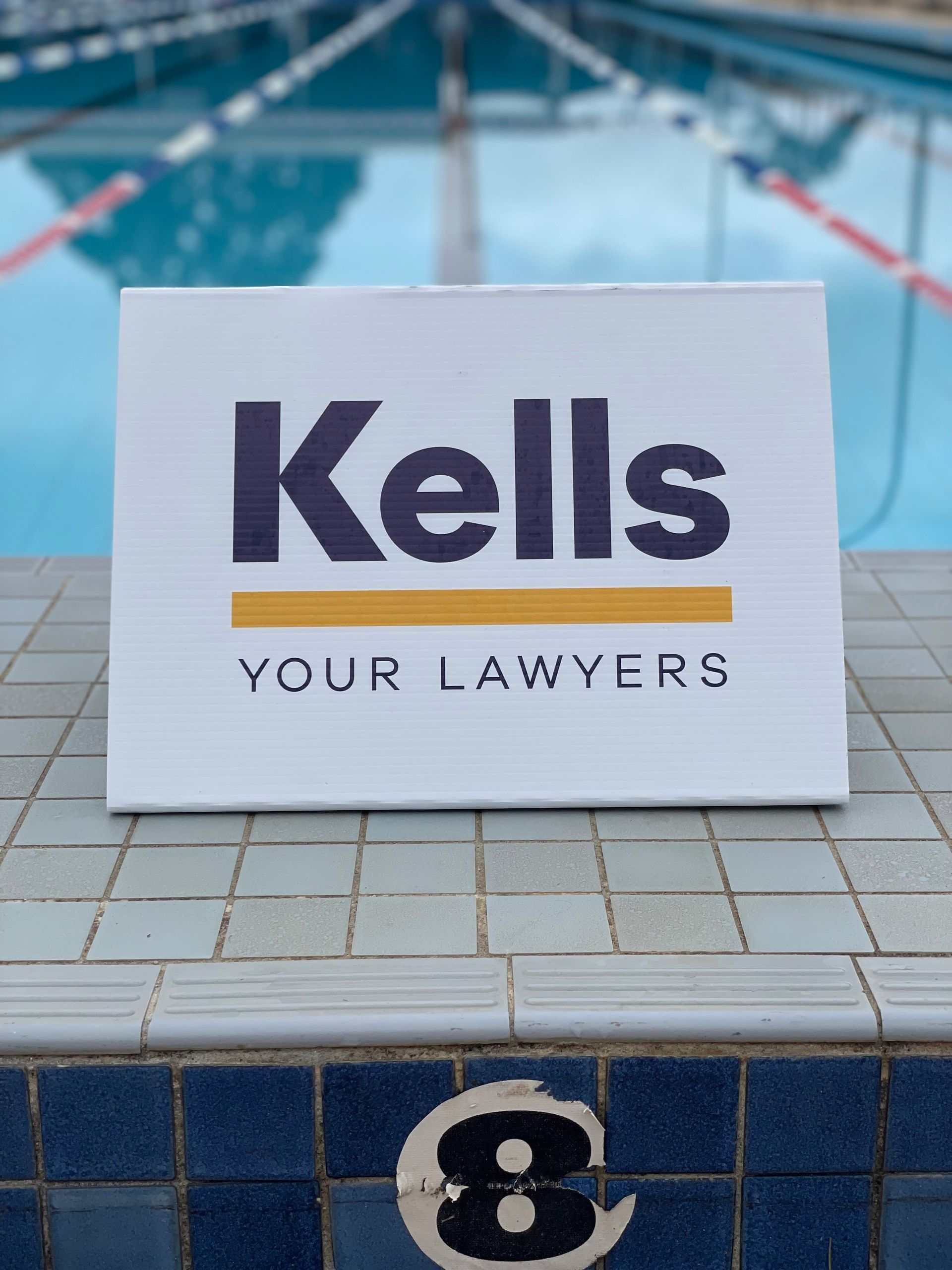Criminal Law Specialists
Our Kiama practice covers a broad spectrum of criminal cases. These include traffic violations, drug offences, drink driving matters, theft, assault, fraud, and serious indictable charges such as homicide.
24/7 Criminal Law Advice
We offer round-the-clock criminal law support in Kiama. Day or night, you can contact our criminal lawyers whenever urgent representation is required. Your first consultation is free.
Top-Tier Team
Our team is guided by a former police officer and senior police prosecutor. With extensive knowledge of police processes and court operations, we develop well-structured strategies for every matter we handle.
Extensive Experience
We have represented clients in a wide range of criminal proceedings, frequently managing summary matters without relying on external barristers. This approach strengthens the quality of courtroom advocacy while keeping costs more manageable.
Here to Help
Facing an assault charge can put your future, employment, and personal reputation at risk. Once charges are filed, the legal process often progresses quickly, and the choices made early on can have a major impact on the outcome. Our assault lawyers in Kiama support clients with experienced legal representation across a wide range of assault-related matters.
How We Can Assist in Assault Cases
Assault offences cover a broad spectrum, from threats or intimidation to more serious incidents involving physical contact. Every matter requires a considered approach that takes into account both the evidence and the surrounding circumstances.
Our Kiama team carefully reviews the details of the allegation, highlights weaknesses in the prosecution’s position, and develops a strategy aimed at achieving the most favourable result available. This includes analysing statements from witnesses, assessing the reliability of the evidence, and considering possible defences such as self-defence, absence of intent, or mistaken identity.
Whether you are dealing with a less serious allegation or a charge of greater severity, we focus on reducing the long-term consequences and protecting your future.
What do I do if I am charged with assault?
Assault offences vary in seriousness and can lead to penalties such as fines, a criminal record, or imprisonment. The specific charge, together with the surrounding circumstances, will determine both the penalties imposed and the court process that follows.
Below are common assault-related charges and their potential consequences in Kiama and across New South Wales:
Other Factors to Consider
An assault conviction can have lasting effects on your future, from employment prospects to personal reputation, which is why taking prompt action is critical. At Kells, our Kiama criminal defence team is led by Patrick Schmidt, a former police officer and prosecutor with extensive experience in these matters. You can contact Patrick directly on 0410 593 059 for confidential advice and immediate support.
Get Trusted Criminal Law Advice
If you need to discuss your situation, our Kiama criminal law team is available around the clock. We provide support when you need it most and offer a free first consultation so you can understand your options and the steps ahead.
Related Articles

Speak to a Criminal Lawyer
We’ll stand by you and protect your rights every step of the way—no matter the charge.









